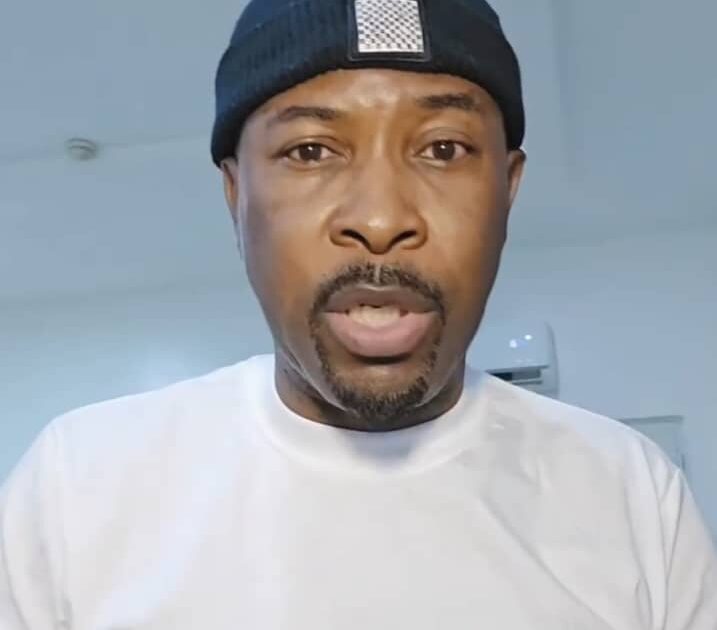Paragraph 1: The Genesis of the Controversy
Veteran Nigerian rapper, Michael Stephens, professionally known as Ruggedman, has vehemently denied allegations of financial impropriety that circulated widely online. The reports claimed his arrest alongside fellow artists Zaaki Azzay, Sunny Neji, Boniface Itodo, and Fega Michaels for alleged financial misconduct. Ruggedman, in a video posted on his Instagram account, categorically dismissed these reports as a fabricated smear campaign orchestrated by Pretty Okafor, the recently suspended former president of the Performing Musicians Employers’ Association of Nigeria (PMAN). He labeled the accusations as "completely false" and pointed to Okafor’s suspension as the catalyst for the spurious allegations.
Paragraph 2: Ruggedman’s Counter-Narrative
Ruggedman clarified the nature of the dispute, asserting that it stemmed from a petition filed against him and several other artists. This petition, he explained, was not about them stealing money but rather concerning funds allegedly missing from the PMAN office, a matter that remained unproven. He emphasized his long-standing advocacy for the voiceless and his commitment to fighting for people, a track record that contradicted the accusations of financial malfeasance. He questioned the logic of Okafor’s accusations, highlighting that the same individuals who suspended Okafor for alleged wrongdoing were the very ones he accused of financial impropriety.
Paragraph 3: The Timing and Target of the Petition
The timing of the petition, Ruggedman argued, was highly suspect. It came on the heels of Okafor’s suspension by PMAN’s National Working Committee (NWC), of which Ruggedman and the other accused artists are members. This suggested to Ruggedman that the petition was a retaliatory measure by Okafor, targeting those who had played a role in his suspension. Ruggedman stressed that the petition did not allege that they personally stole money, but rather that money was missing from the PMAN office during Okafor’s tenure, a matter that required investigation and proof.
Paragraph 4: Exposing the Inconsistencies and Falsehoods
Further dismantling the narrative, Ruggedman pointed out significant inconsistencies in the allegations. He revealed that neither he nor any of the accused artists were found in possession of any missing funds. Furthermore, some of the individuals named in the reports, including renowned artists Sunny Neji, Zaaki Azzay, and Yinka Davies, were not even in Lagos when the initial court reports surfaced, making their alleged involvement logistically impossible. This exposed flaws in the narrative and further reinforced Ruggedman’s claims of a malicious smear campaign.
Paragraph 5: A Call for Accountability and Retraction
Addressing the media outlets that propagated the misinformation, Ruggedman issued a stern warning. He urged them to retract their publications, emphasizing the potential legal consequences of spreading false information and defamation. He criticized their lack of due diligence in verifying the information before publishing, underscoring the importance of responsible journalism and the potential damage caused by disseminating unverified claims. He made it clear that legal action was a possibility if the false reports were not retracted.
Paragraph 6: The Wider Implications
The incident highlights the potential for misuse of accusations and the damage that can be inflicted through the spread of false information. Ruggedman’s case underscores the need for thorough investigation and verification before making or publishing accusations. It also emphasizes the power of social media in amplifying both truthful and false narratives, and the responsibility that individuals and media outlets bear in ensuring the accuracy of information they share. The fallout from this incident serves as a cautionary tale about the potential consequences of unfounded accusations and the importance of due process.














